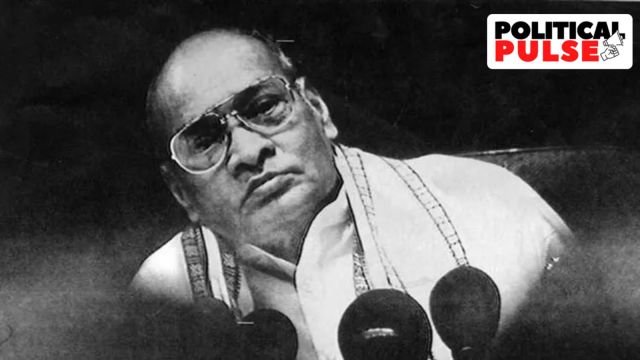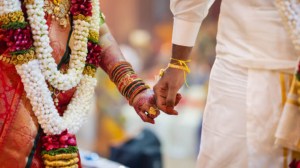A proposal to install a statue of late Prime Minister P V Narasimha Rao in New Delhi recently received an important approval, months before his birth anniversary on June 28. However, the go-ahead from the Centre is awaited before the statue can be installed at the Telangana Bhavan.

The DUAC, while approving the proposal that was not part of the meeting’s main agenda, also recommended the repair of broken pavements around the proposed site and suitable lighting to be installed to ensure it is visible at night. The DUAC was set up in 1973 by an act of Parliament to advise the Union government on the “matter of preserving, developing and maintaining the aesthetic quality of urban and environmental design within Delhi” and advise any local body about any project that could “affect the skyline or the aesthetic quality of the surroundings”.
While sources in the bureaucracy indicated that the Centre’s instructions were awaited, officials of the Telangana Bhavan as well as the NDMC said the proposal did not originate from their end. A Telangana Bhavan official said he was not aware of any such proposal and that the Revanth Reddy-led state government was finalising a new dedicated Bhavan for the state on Ashoka Road. Since the state was formed in 2014, Telangana Bhavan has been sharing the premises with Andhra Bhavan. The official said it would “not be appropriate to proceed with the installation of statues at this stage as the new building was in the pipeline”.
“The proposal is not the NDMC’s and the council is yet to take a call on it,” NDMC chairperson Keshav Chandra told The Indian Express.
Sources in the NDMC claimed to have forwarded the proposal received from the P V Narasimha Rao Memorial Foundation, which wrote to the municipal body in April 2024 seeking a site at the “Andhra/Telangana Bhavan” to install a bronze statue of the late PM adjacent to the statue of Tanguturi Prakasam Pantulu, the first CM of Andhra Pradesh.
Sources said the details — whether the statue would be installed or not, where it would come up (inside or outside the Bhavan) and when — would be decided only after a political go-ahead.
Strained ties with Congress
Story continues below this ad
If the proposal gets a green signal from the Centre, it would be the third honour to be bestowed upon the former PM by the BJP-led NDA government. In 2015, the Union government had approved a memorial for Rao at Ekta Sthal in the Rajghat Complex. It conferred the Bharat Ratna, the country’s highest civilian honour, on him posthumously in February 2024.
Rao is not the only Congress leader that the BJP-led Centre has honoured. In January, the Centre approved the proposals to set up memorials of former President Pranab Mukherjee and former PM Manmohan Singh, also Congress icons, at the Rashtriya Smriti complex near Rajghat.
Rao served as PM between 1991 and 1996 and was the first Congressman outside the Nehru-Gandhi family to have almost completed his full tenure. As PM, he oversaw the liberalisation of the economy in 1991, and it was during his tenure that the Babri Masjid was demolished in 1992. He also served as the Congress president during this period.
His relationship with Sonia Gandhi was troubled, something that was not a secret in the Congress, and the latter’s rise threatened his position in the party. Former Union minister K V Thomas, in his book Sonia – The Beloved of the Masses, said the two leaders had strained relations as Sonia was unhappy with the slow pace of the Rajiv Gandhi assassination probe.
Story continues below this ad
“And when (Sonia) Gandhi chose to go public with her unhappiness over the probe in August 1995, it was a build-up to what she would choose two years later to enter active politics,” Thomas wrote.
The fact that Gandhi and Rao did not share an easy relationship was also confirmed by former minister Natwar Singh, who recollected how Rao called him one night in May 1995 to say how he had been “insulted” by her. Rao’s strained relationship with the Congress was apparent to the public after his death in 2004, when his body was not allowed to be kept at the party headquarters.
The BJP, trying to claim Rao’s legacy, has repeatedly used the incident to target the Congress and accused the party of “insulting” Rao. After the government announced a Bharat Ratna for Rao, Prime Minister Narendra Modi hailed him as a “distinguished scholar and statesman”.


































